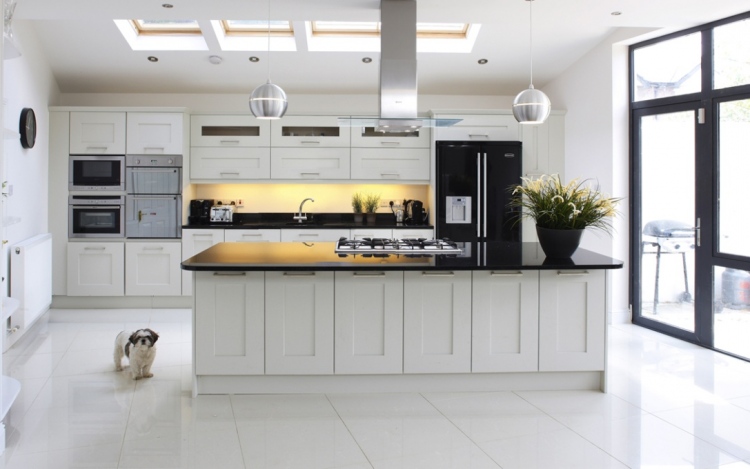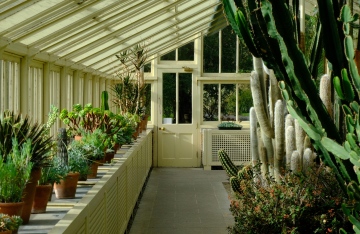When you are setting up your kitchen, considering the kitchen as your workstation you need to choose the right countertops. Cutting , chopping , mixing, etc – basically the base of any dish designs on your kitchen countertop. So, it is necessary to choose the right kitchen worktops. Among many countertop materials, granite and quartz are two top materials that most of the customers pick. However, there are many contradictions about which stone is the best based on the performance and durability.
Natural Stone vs. Engineered Stone
When granite is the natural stone, quartz is one of the finest engineered stone. Granite is quarried directly from the earth in large blocks, and later it’s sliced into slabs and polished on one side at the quarry, and then shipped to the fabricator. From fabricators you can buy the slabs cut into shapes according to your countertop specifications. Before delivering it to you, they profile and polish the edges.
Quartz, on the other hand, is “engineered” in a manufacturing plant, by using various sizes and grades of quartz crystals and mixes them with resin and colour pigment, in a ratio of 93% quartz to 7% resin. Then fabricators cut the slab into the shapes you require and then profile and polish the edges.
Difference between Granite and Quartz
Cost – If you are looking for a budget and quality countertops then Quartz should be the choice. Quartz is less expensive than granite. With quartz, you don’t have to compromise the look and it can be available in affordable price.
Appearance – Quartz are crafted to give a controlled appearance. Quartz slabs are manufactured with the perfect colour, texture and pattern that you require.
Strength – Quartz is created by a perfect combination of 93% natural quartz stone with 7% resin binder and some colorant. This combination made the stone extremely hard that is stronger than granite or marble. The slab has similar thickness as granite, and the same stone-cutting equipment is used to shape, cut and finish the countertops.
Non-porous – Granite is a porous stone. It has tiny capillary channels between the minerals, which can soak any liquid spills on unsealed Granite worktops, the liquid sink into these channels and permanently stain the stone. Quartz has no channels, which prevents it from staining and it never requires sealing. This makes it much easier to use and maintain.
Hygienic – Top brand quartz counters manufacture hygienic quartz stones and in those stones the opportunity for bacteria to grow is also low. This makes these quartz counters appropriate for food preparation and consumption.
Maintenance – The maintenance of Granite countertops are cost effective, as Granite countertops must be sealed regularly to prevent staining and the growth of bacteria. However, Quartz does not require sealing or other routine maintenance to maintain its beauty and functionality.
Colour consistency – Sometimes granite slabs being commercially dyed in order to improve their sales profiles. These dyed slabs are the family of black granites. After a certain period, these dyes change and the appearance can be changed. On the other hand, Quartz is manufactured in with the colours, and the colour is consistent throughout the entire slab.
Cleaning – If you are looking for user friendly countertops then we will recommend you the quartz countertops. Cleaning the quartz counter is easy. The quartz washes off with soap and water and the looks remain new. You don’t have to use special bacteria-preventing soaps as in case of granite countertops.
Scratches – Quartz is a durable and scratch resistant, unlike the granite countertops.




